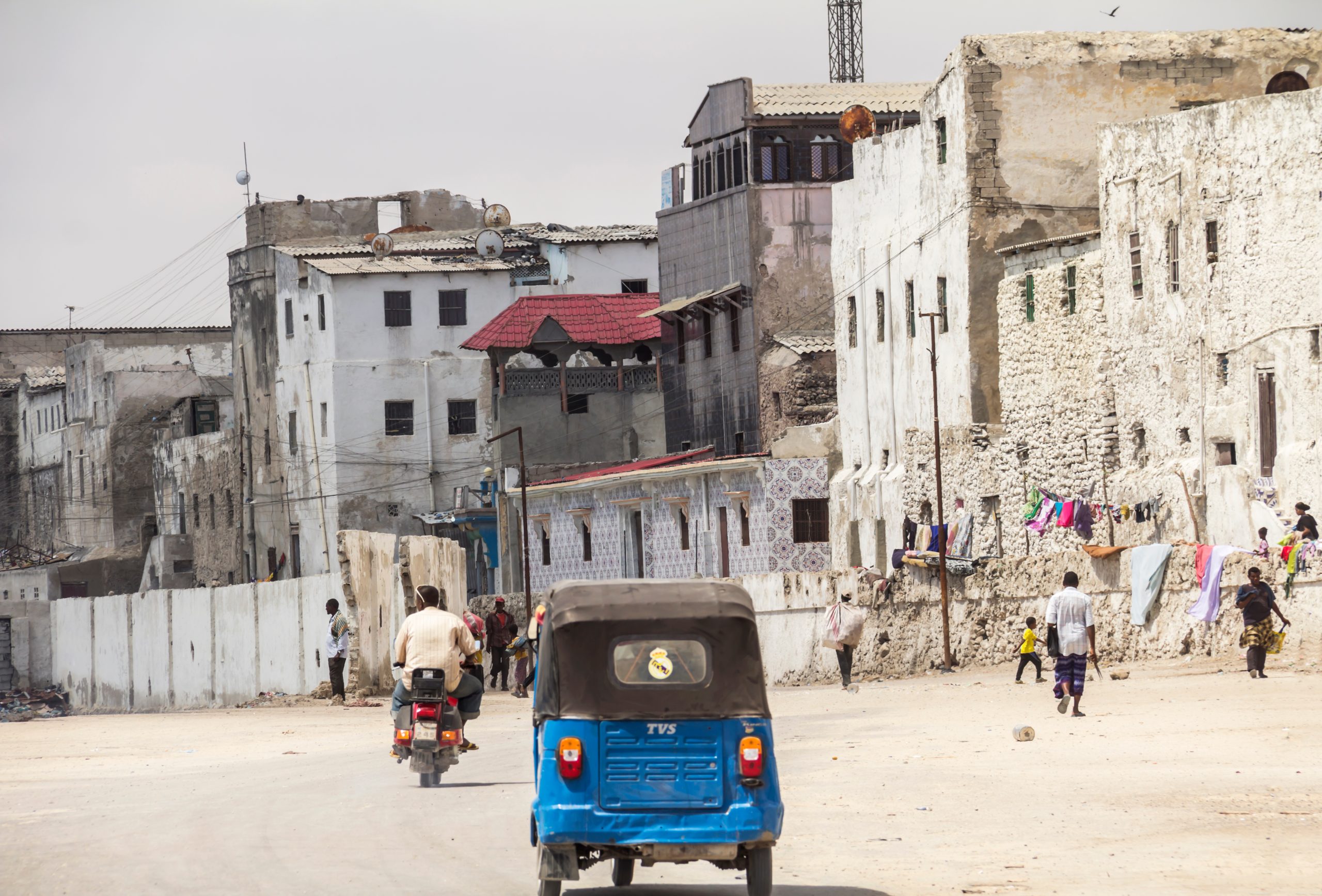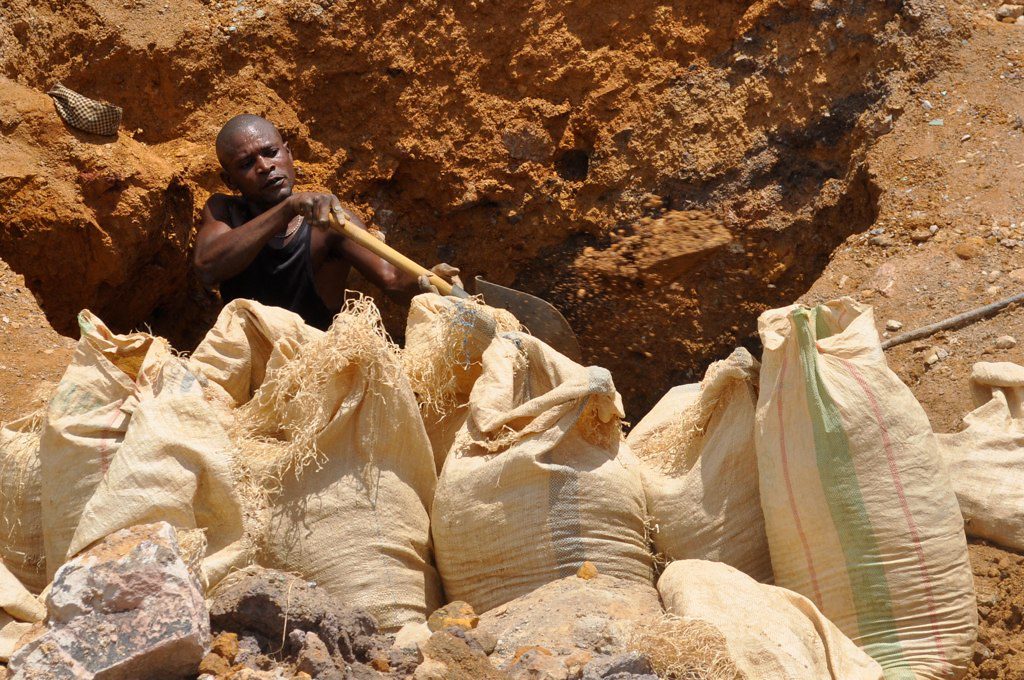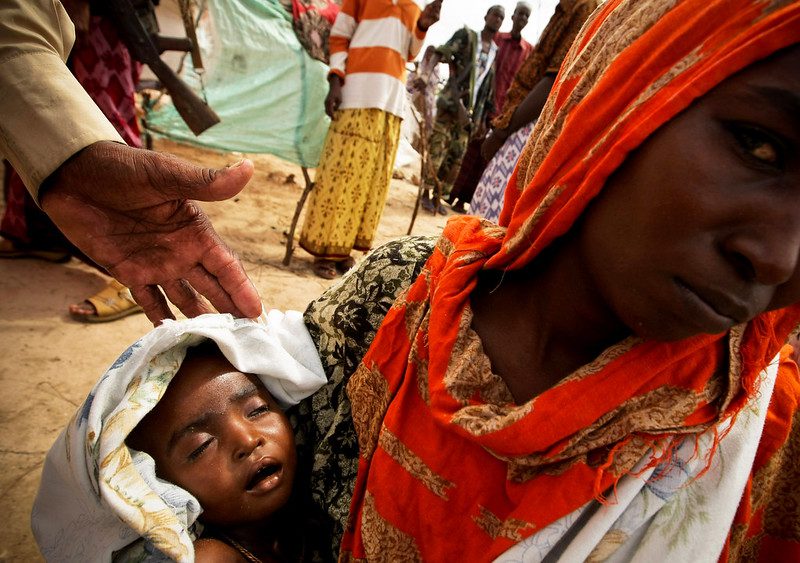Alex de Waal
Selecting a title for their book, Tobias Hagmann and Finn Stepputat chose ‘Trade makes States.’ It’s an obvious riff on the famous line by Charles Tilly, ‘war made the state, and the state made war,’ which has preoccupied historians, especially of Europe. In much of the world, of course, war made empires while empires made war, and the legacy has been states of plunder at the margins of the world’s capitalist economy. Those predatory structures of extraction and domination are ever more deeply entangled in global circuits of financial hyper-accumulation, revealing their DNA as junior agents of imperialism, notwithstanding the rhetoric of decolonization parroted by those presiding over personal enrichment and social calamity.
The five territorial fragments that make up the Somali peninsular in the Horn of Africa provide an illuminating illustration of this, with their own special twist. Somalia was geographically central to the imperial map—located at the maritime gateway between Europe and Asia—and a marchland of colonial conquest, among the very last to be subdued by force of arms. There weren’t enough riches in Somalia or its hinterlands to make it an imperial prize in its own right, but it could not be ignored simply because of where it was. Globalization I, in the late 19th century, decreed that no territory could be left unclaimed by the metropolitan powers or their agents, and so the lands of the Somalis were carved up and shared out.
Over the last thirty years the Somali peninsula has become a crucible of experiments in contemporary state formation, a fascinating opportunity to observe and test political-economic theories. The orthodoxies of late 20th century development and state-building have not fared well. Much more interesting things have been happening. Somali territories, connected to a transcontinental diaspora, have proved a rewarding frontier of exploration for political ethnographers.
Tobias Hagmann and Finn Stepputat have compiled one of the best volumes in what is an increasingly rich literature. It comprises studies by both established and younger scholars on the social infrastructure of commerce and finance, on mobile money, on the role of ports and trade corridors, on commodities and on taxes. The editors combine this into a coherent story, which challenges conventional wisdoms about state formation, and even more so state-building policies.
Hagmann and Stepputat’s concluding chapter is titled ‘Tilly in the tropics.’ They wear on their sleeve their intellectual debt to Tilly’s conjugation of state-making, war-making and commerce in European history. They make particularly interesting use of his analysis of what became dead ends of authority-formation, including the city states of Italy and the Hanseatic League in the early modern period, which posed—for a while—viable alternatives to the unified territorial sovereign realm exemplified by France. Although the Horn of Africa is particularly infamous for its wars, Hagmann and Stepputat bring commerce and finance into focus—it is these that have been particularly crucial in creating state-like entities, even while war has been dismantling the remnants of the institutional state. Geography is important, but not primarily because states seek to administer their territories and police their borders, but rather more in that control over roads, checkpoints and ports enable them to extract resources from trade. As Peer Schouten has explored for Congo, one of the most rudimentary but significant forms of taxation is the roadblock.
Across the peninsula, different resource endowments shape different outcomes. The Berbera corridor that extends from Ethiopia through Somaliland to the Gulf of Aden—which the United Arab Emirates now considers part of its maritime security perimeter—is a paradigmatic case of a contemporary city-trading state. It is integrated into the global logistics network through Dubai Ports World and Ethiopian road infrastructure. This formula for city-state formation, driven by capital but with a coercive arm, has come a long way from the days when family firm livestock traders bargained with the clan elders to disarm the militias, establish a police force, and adopt a parliamentary constitution. Today it constitutes a domain whose boundaries only loosely correspond with any lines on the map.
Puntland and Jubbaland have replicated the same formula in minor key. The lands administered by al-Shabaab—unfortunately but understandably not researched in depth by the contributors to this book—show a different, more coercive variant. The militant Islamists have proved their efficiency in extracting low but consistent rents from trade but are handicapped by their non-possession of a significant port city.
The Federal Government in Mogadishu is the only state-like entity that is formally designed on an institutional template and Hagmann and Stepputat are skeptical that a functionally integrated state will emerge on that basis. It appears more fragile than any of the rival formations, notwithstanding its recent military advances against al-Shabaab. If the Federal President is wise, he knows that he governs only at the forbearance of a distrustful selectorate and because international recognition brings some delicate privileges, enabling his state can borrow money, hire guns and provide some services that his better-rooted rivals cannot. Hagmann and Stepputat foresee a type of pan-Somali statehood ‘that is much more horizontal, organised around alliances between major trading states which will have to bargain resource and power-sharing between themselves in an attempt to maximise and pacify both protection and extraction.’
An already strong book would have benefited from including a case study of Djibouti—the best contemporary example of a city state in the region which also serves as an obvious model for Somaliland—and also the city-states of Harer and Jigjiga within the Ethiopian federal system. These cases all vindicate Hagmann and Stepputat’s central theses.
What this scholarship also brings into focus is how the Somali peninsula’s position—geographically central and politically peripheral—leaves its trading states as legatees of empire. The emergent state-like trade-based entities in the region have reinvented themselves for the era of global capitalism and geo-strategic rivalries, and if any form of governance is likely to be durable in this infamously turbulent region, it is this.
Tobias Hagmann and Finn Stepputat (eds.), Trade Makes States: Governing the Greater Somali Economy, London, IAI and Hurst, and New York, Oxford University Press, 2023.
An earlier version of this post was published on African Arguments.
Photo: View of Mogadishu, doganmesut | Adobe Images



